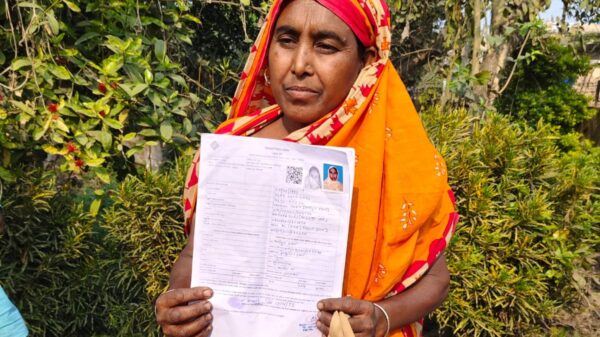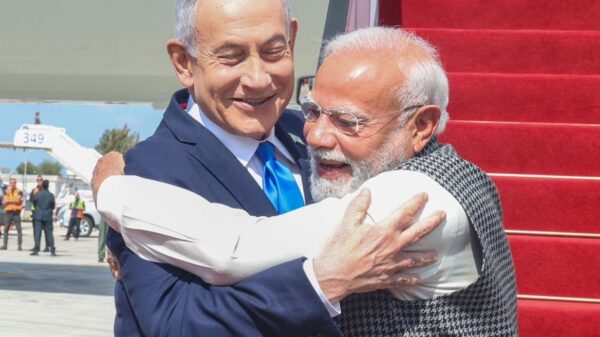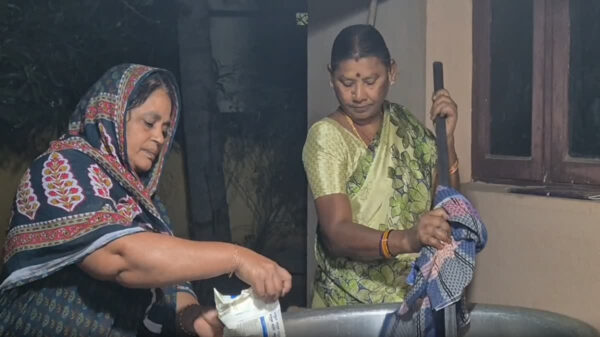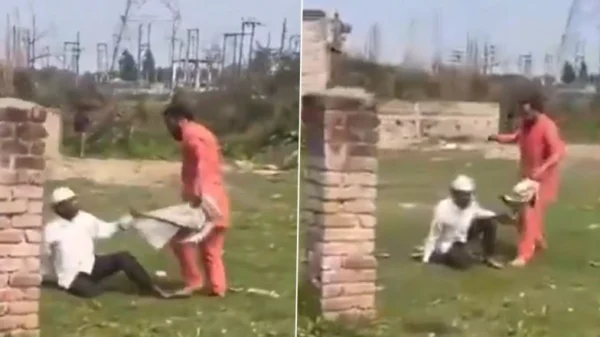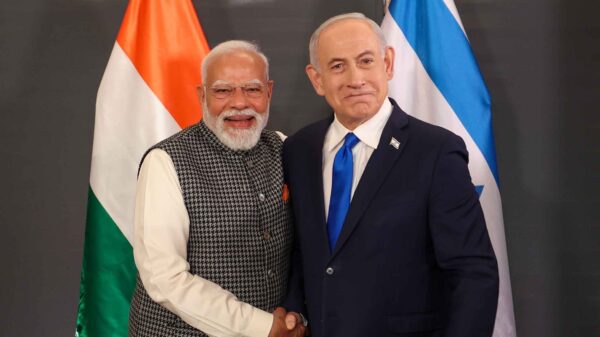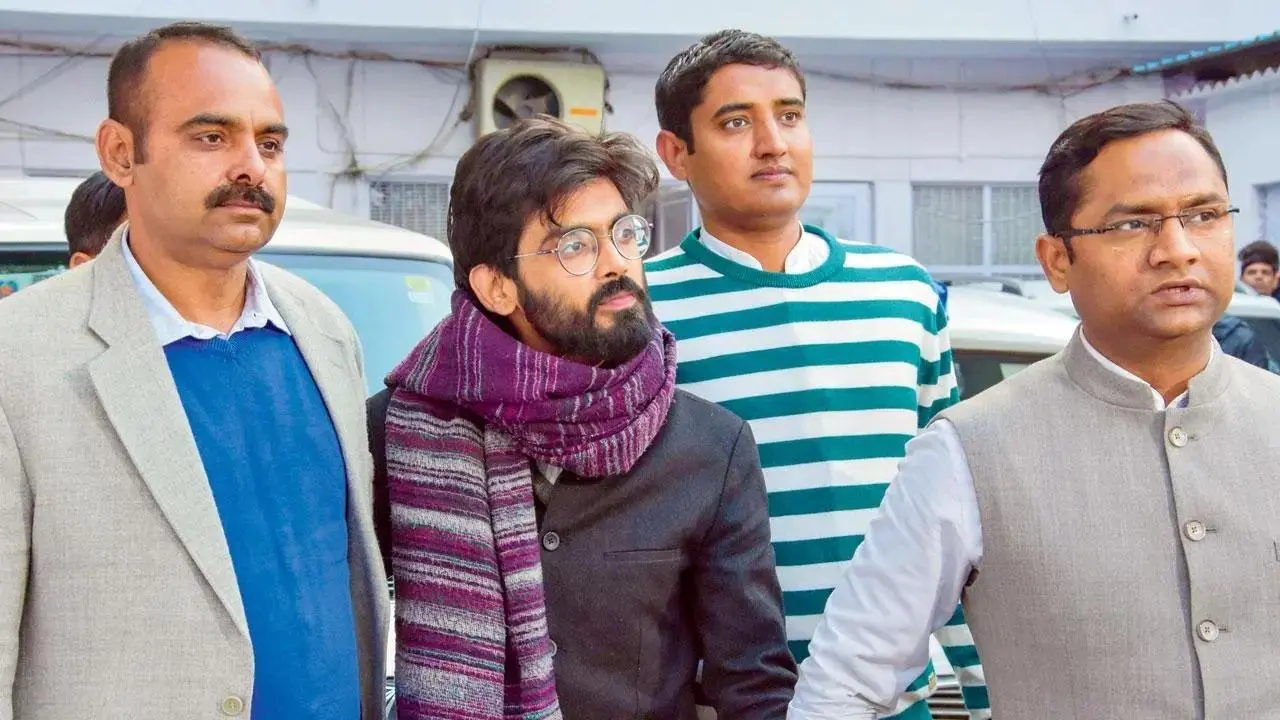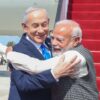The Supreme Court on Tuesday raised a crucial legal question: Can Sharjeel Imam be prosecuted in multiple states over a single speech? The former Jawaharlal Nehru University (JNU) student is facing sedition and other serious charges across four states—Uttar Pradesh, Assam, Manipur, and Arunachal Pradesh—for a speech he delivered during the 2019-20 anti-CAA protests.
A bench led by Chief Justice of India Sanjiv Khanna, alongside Justice Sanjay Kumar, was hearing Imam’s plea to club all FIRs related to his speech into a single case, ideally in Delhi. Senior advocate Sidharth Dave, representing Imam, argued that being prosecuted multiple times for one speech violates the principle of double jeopardy—a constitutional protection against being tried more than once for the same offence.
The CJI remarked, “The speech is one and the same. If the speech is on YouTube or elsewhere and can be heard across the country, the impact is also the same. If there were different speeches, you may be right (to oppose clubbing). Here, the speech is same.”
However, Additional Solicitor General S.V. Raju, representing Delhi Police, opposed the clubbing. He contended that Imam’s speech had triggered different acts in different states, implying that the consequences—and hence the charges—were unique to each location. “He instigated a mob in Bihar, a mob in Uttar Pradesh, and in Delhi. The offences are different,” he said.
But the court appeared unconvinced. The CJI proposed transferring all cases to Delhi to avoid redundant litigation, but Raju said he wasn’t authorized to comment on behalf of other states. The court postponed the hearing for two weeks and reiterated its request to the four states to clarify their stance.
Sharjeel Imam was arrested on January 28, 2020, from Bihar’s Jehanabad. He has since been charged under various provisions, including sedition (Section 124A) and promoting enmity between groups (Section 153A), and is also facing charges under the Unlawful Activities (Prevention) Act (UAPA) by Delhi Police.






